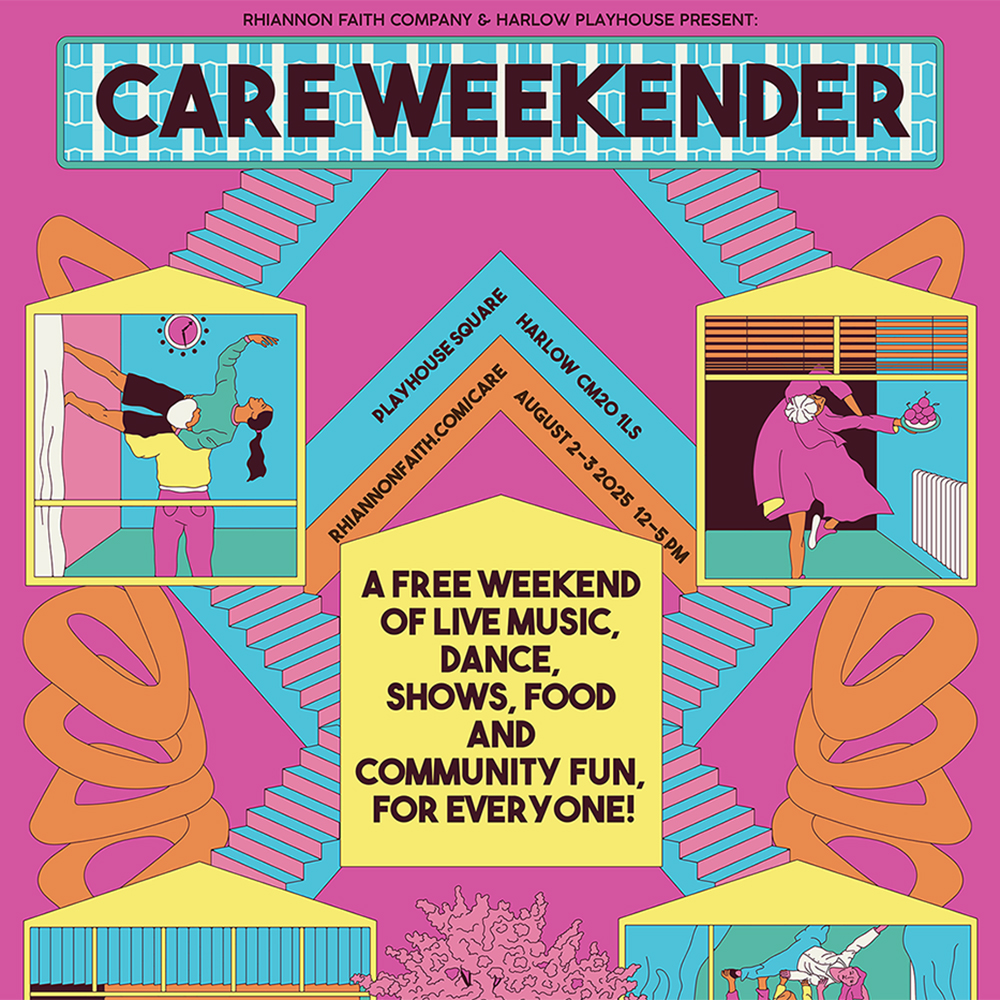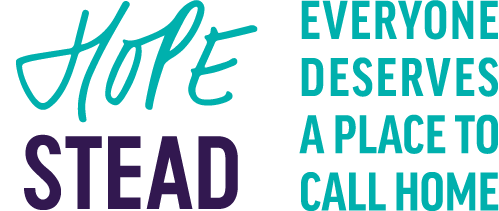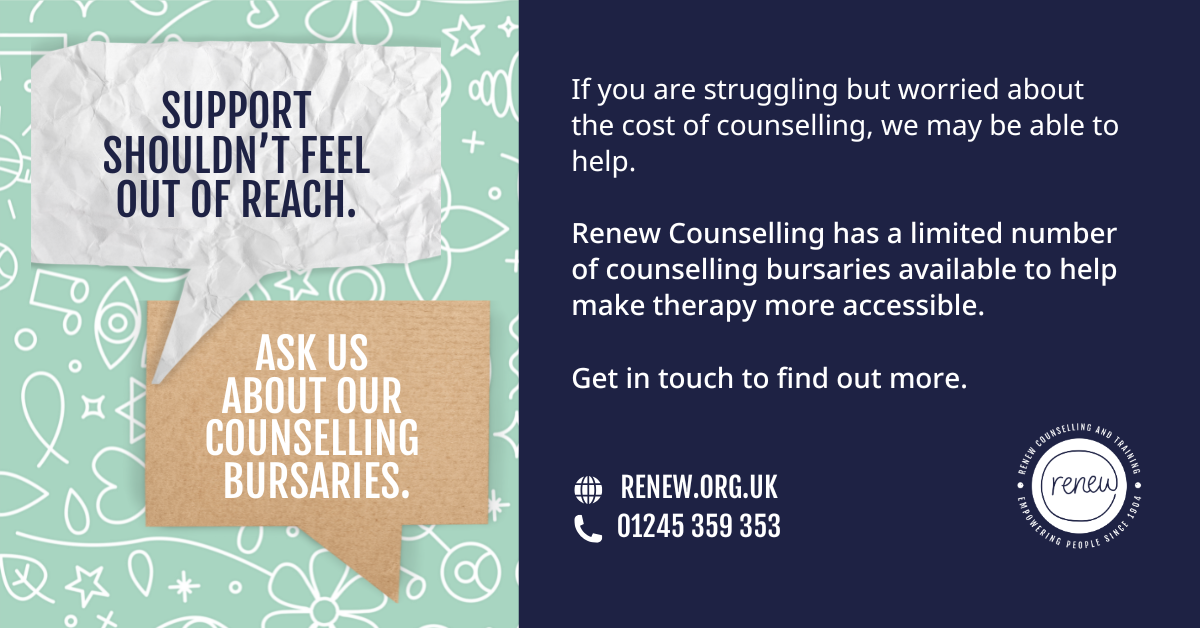Long read: how to be a better charity leader in 2019
Posted on: December 13, 2018
Originally published by charitytimes: www.charitytimes.com
Written by Lauren Weymouth
13/12/18
In the elephant kingdom, the female matriarch becomes the leader of her herd, not because she is the strongest, most aggressive or assertive in personality, but because she has earned the respect of other elephants. The matriarch asserts her leadership through her wisdom, strength and her skills in social intelligence, problem solving, patience, confidence and compassion.
Like many great leaders – human and otherwise – the matriarch uses her excellent social awareness to understand the elephants in her herd and provide them with a space to grow as individuals. More importantly, she shows moments of stillness, whereby she stops to assess her surroundings. In these moments, she uses her senses to the fullest to become more aware of the direction and activities of the herd.
In a position of authority, stopping to seek stillness isn’t easy. Many charity leaders would struggle to remember the last time they stopped at all. But the public’s perception and expectations of charities has changed dramatically over the past year and it has become essential to ensure your organisation is adapting to the needs of both donors and beneficiaries.
Protecting the herd
Charity leaders are now faced with two choices: embrace change or fail. With over 160,000 charities registered in the UK, competition is tough and leaders need to be quick if they want to snap up new opportunities as and when they arise.
But unfortunately, competition isn’t the only issue to contend with. Thanks to the unearthed Oxfam scandal, which was quickly followed by news of similar troubles at Save the Children, charities are under more scrutiny than ever from the public, corporate donors and regulators.
Following the raft of media reports surrounding the sector’s safeguarding issues; trust in charities plateaued down to levels unseen since 2005 and the Charity Commission quickly began to tighten its regulation around charity safeguarding, placing greater pressure on leaders to put strict measures in place to keep their organisations from external harm.
Since the Oxfam allegations, the regulator has released numerous warnings, urging charity leaders to strengthen their safeguarding policies, but has received little reassurance in return. A report released by the Charity Commission’s interim taskforce on safeguarding, found just 0.9% of charities have reported a safeguarding incident since 2014. Over the same period, only 1.5% of charities submitted any kind of serious incident report.
“We accept that there may be a significant proportion of charities that do not experience safeguarding incidents, or only experience such incidents very rarely, due to the nature of their work,” the taskforce said at the time, “however, it seems unlikely that 99.1% of charities did not experience any reportable safeguarding issues over a 4 year period.”
“The public rightly expect charities to demonstrate the highest standards of ethical behaviour and attitude,” Charity Commission director of policy, planning and communications Sarah Atkinson says. “That includes taking action when something has gone badly wrong, or when there’s been a near miss. Making a serious incident report to the Commission is not in itself an admission of wrongdoing or failure. Quite the reverse: it demonstrates that a charity is responding properly to incident or concern.”
All eyes and ears
Raising and reporting concerns requires careful observation, and a good understanding of the people working within the organisation. Much like the matriarch elephant, this is where it becomes crucial to seek those moments of stillness to spot any potential danger signs.
Unfortunately, a high proportion of the risks facing charities come from within the organisation itself. This year alone, countless numbers of charities became victims of internal fraud, often by unassuming members of staff looking to take advantage of their position of power.
In a warning issued to charity leaders, the regulator claimed almost 75% of insider frauds at charities are facilitated by “excessive trust” and a “lack of challenge” from people working from within the organisation.
The watchdog’s findings highlighted a number of ‘cultural factors’ that contribute to insider fraud, including giving employees excessive responsibility, or failing to challenge individuals properly. As a result, the regulator has been encouraging leaders to try and adopt a culture whereby staff, trustees and volunteers are all reminded they need to flag any concerning behaviour happening internally, rather than ‘turning a blind eye when internal processes aren’t followed’, as is often the case.
“The crucial lesson for charities isn’t about introducing lengthy counter-fraud policies. It’s about changing people’s behaviours and encouraging staff and all those involved in charities to be vigilant and speak out when things don’t seem right. This must be demonstrated by everyone in an organisation to be truly effective,” Michelle Russell, director of investigations, monitoring and enforcement at the Charity Commission explains.
“A dangerous combination of a lack of accountability and controls not being consistently applied can make any charity – big or small – vulnerable, and create opportunities for fraudsters that will have devastating effects.”
Significance leadership
So what can leaders do to prevent such instances from happening? In the case of the matriarch elephant, strong leadership and successful teamwork comes from careful career planning and on-the-job training to ensure there is at least one experienced leader who respects the matriarch, and is ready to take on the role when something goes wrong.
Environmentalists call this ‘elephant significant leadership’, which the matriarch will demonstrate by showing respect to each member of her team by analysing and valuing the skills they can individually bring to the group.
This method of leadership is often transferred into business, as it encourages leaders to gain a better understanding of what skills each employee can bring to the organisation, and to inspire them to thrive. Leadership expert, Simon Sinek articulates this well: “Every company, organisation or group with the ability to inspire starts with a person or small group of people who were inspired to do something bigger than themselves,” he says.
But for best results, leaders will always benefit from a more diverse team that can offer a multitude of different skills and experiences in the first place.
Despite this, diverse leadership teams are still scarce among the charity sector. In fact, according to a study published by recruitment company Green Park this summer, a third of the UK’s largest charities have no non-white people on their senior leadership teams or boards.
The study used a sophisticated classification system to assess the ethnic background of people holding more than 1,800 positions at the top 100 charities, and found that only 8.1% of senior positions were held by people from ethnic minorities. Worryingly, the figure fell to 6.2% when narrowed down to include only the top three positions of chair, chief executive or chief finance officer.
Leadership body ACEVO, together with the Institute of Fundraising, has subsequently released a list of principles for leaders to abide by to help plug the diversity ‘deficit’. These, ACEVO claims, will help leaders to prevent groupthink, generate more income, operate more creatively and attract best talent.
The bodies propose leaders should do the following:
1. Acknowledge that there is a problem with racial diversity in the charity sector and
commit to working to change that.
2. Recognise the important role leaders have in creating change by modelling positive behaviour and taking action.
3. Learn about racial bias and how it impacts leadership decisions.
4. Commit to setting permanent and minimum targets for diversity that reflects the participants, donors, beneficiaries and the population of the area that my charity operates in.
5. Commit to action and invest resources, where necessary, in order to improve racial diversity in my charity.
6. View staff as the sum of many parts rather than a single entity and recruit to build a diverse group of talented people collectively working towards a shared vision.
7. Recruit for potential, not perfection.
8. Value lived experience, the ability to draw from one’s lived experience and to bring insights to an organisation that can develop its work.
“No-one is getting it all right: we all have to be better,” Vicky Browning, chief executive of ACEVO says. “However if leaders do get it right then they will create stronger, more resilient and creative charities.”
Bridging the skills gap
Moving into the year ahead, the expectations placed on charity leaders will continue to increase. Volunteers and employees of charities of all sizes are now looking to CEOs, directors and managers to lead the way – and not just on the issue of diversity. They are looking to their leaders to embrace digital and to be able to showcase good examples of using digital effectively.
The Charity Digital Skills report published by Zoe Amar Communications earlier in the year revealed 63% of charities expect their leaders to be able to provide guidance around digital, and a further 53% said they want leaders to have some experience or understanding of digital tools – a demand that has grown year on year.
“If there is one thing I would like people to remember about this year’s Charity Digital Skills report, it’s this: charities want their leaders to drive digital. They cannot put digital in a black box and pass it to another team,” Zoe Amar explains.
“If your leadership team aren’t on board with digital, it’s time to discuss the benefits of how digital could help your charity and the risks if your charity doesn’t change. Often the best way to do this is to show how similar organisations are using digital to raise money, reach more people or create competitive advantage.”
Lessons from a matriarch
Matriarch elephants are trusted and respected because of their ability to make wise decisions. Whilst other members of the herd might offer suggestions or contribute to the overall decision, the matriarch uses its wisdom to reach an overall decision and to protect its herd from any danger.
But much of this is down to its careful observation; a skill that is essential for learning and development. This year alone, charity chief executives have had to contend with political volatility from Brexit; heightened safeguarding regulation; a fall in levels of public trust; a number of new governance frameworks; increased fundraising regulation; disruptive technology and much more.
Jennifer Smith, a biology professor and co-author of a report into leadership in mammalian societies, studied leadership among animals, and found that in troublesome environments, leaders can learn a thing or two from the way elephants and other animals lead their teams. “What we found here is that, time and again, the most successful leaders are actually those that take all of the demands from the society into account,” she explains.
“[They] don’t necessarily know to negotiate or navigate through their worlds,” she adds, “but through the leadership of the more experienced individuals, they can [learn] new insights.”


